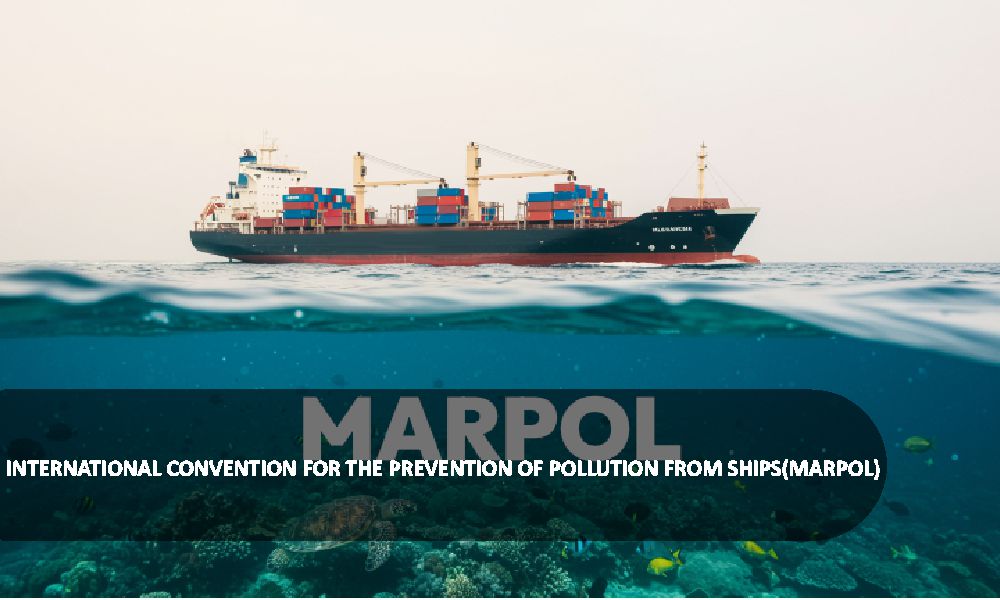
Aims:
The aim of this course is to provide participants with in-depth knowledge and understanding of the International Convention for the Prevention of Pollution from Ships (MARPOL), including its six technical Annexes. The course emphasizes the prevention and control of marine pollution caused by operational or accidental discharges from ships and aims to ensure that seafarers and maritime professionals understand their roles and responsibilities in complying with MARPOL regulations.
Course Objectives:
Upon successful completion of the MARPOL course, participants will be able to:
1. Understand the Scope and Importance of MARPOL:
o Explain the significance of MARPOL as the primary international convention aimed at preventing marine pollution from ships.
2. Identify the Structure of MARPOL and its Six Annexes:
o Describe the purpose and application of each of the six MARPOL Annexes:
Annex I: Oil Pollution
Annex II: Noxious Liquid Substances in Bulk
Annex III: Harmful Substances in Packaged Form
Annex IV: Sewage Pollution
Annex V: Garbage Pollution
Annex VI: Air Pollution
3. Explain the Requirements and Compliance Measures of Each Annex:
o Detail the regulatory requirements for handling, storing, and discharging various shipboard wastes and emissions.
o Understand discharge limitations and the use of reception facilities.
4. Recognize Special Areas and Their Additional Restrictions:
o Identify the designated Special Areas and Emission Control Areas (ECAs) under each Annex.
o Explain the stricter pollution control measures applicable in these zones.
5. Demonstrate Knowledge of Shipboard Pollution Prevention Systems:
o Understand the role of onboard equipment such as oily water separators, sewage treatment plants, incinerators, and exhaust gas cleaning systems (scrubbers).
o Apply procedures for using and maintaining such systems effectively.
6. Understand the Role and Content of Pollution Control Documentation:
o Explain the use of record books such as the Oil Record Book, Garbage Record Book, and Cargo Record Book.
o Recognize the importance of the Garbage Management Plan and other shipboard pollution prevention documentation.
7. Identify Enforcement Mechanisms and Penalties for Non-compliance:
o Understand the roles of Port State Control (PSC), Flag States, and Classification Societies in enforcing MARPOL.
o Recognize the potential penalties for violations, including fines, detentions, and criminal charges.
8. Promote Environmental Awareness and Best Practices:
o Encourage environmentally responsible behavior and waste management practices among crew members.
o Support the implementation of circular economy and sustainability principles onboard ships.
- Teacher: AIMS MARITIME

